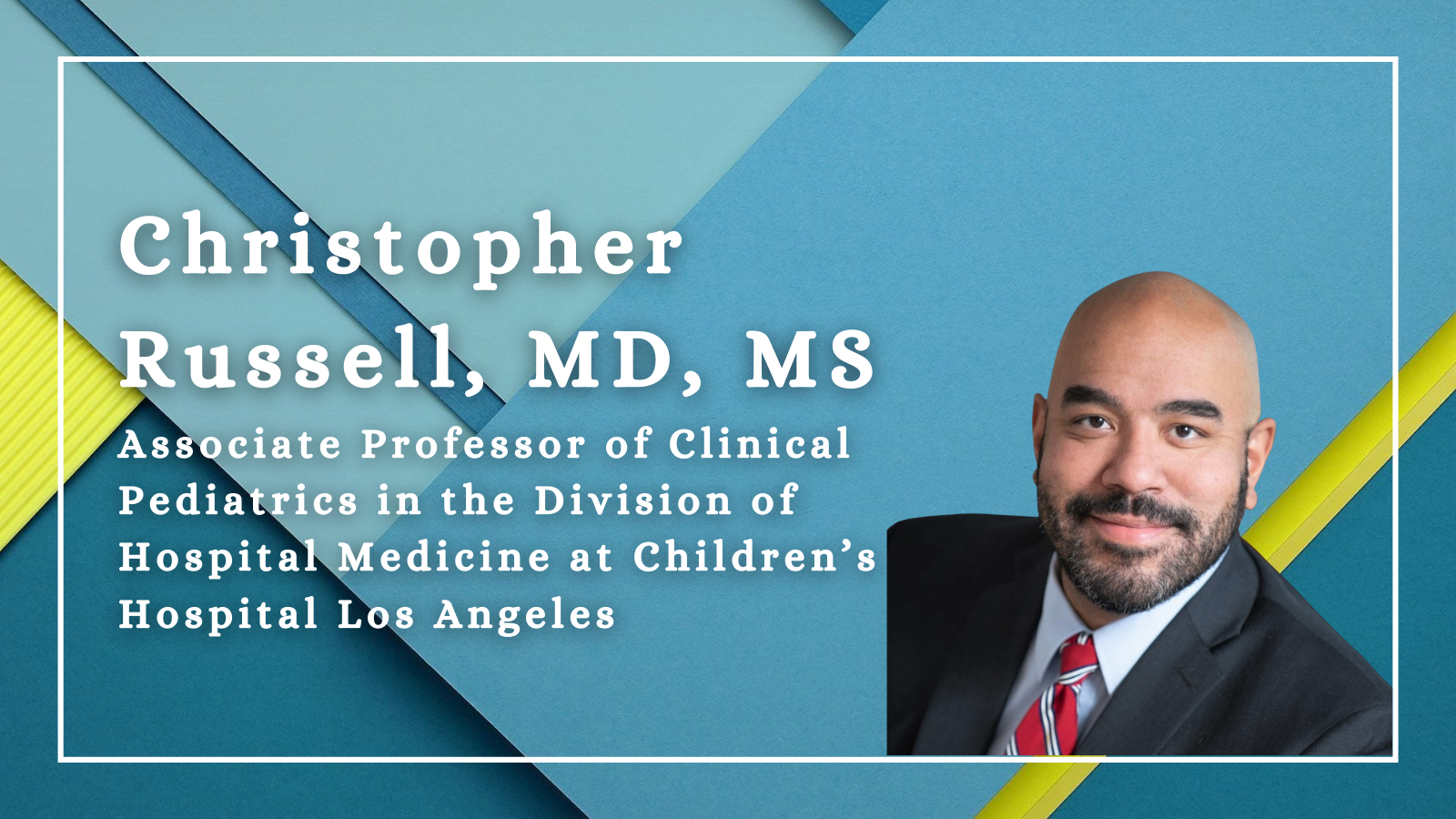SC CTSI Scholar to Lead Study of Tracheostomy Infections and Antibiotics with Recently-Awarded R01 Grant

Many children who undergo tracheostomy placement, a surgical placement of breathing tubes for upper airways, endure repeated bacterial respiratory tract infections. These infections lead to frequent hospitalizations. Unfortunately, clinicians have lacked evidence-based guidelines for diagnosing and treating these infections with antibiotics.
Now Christopher Russell, MD, MS, a former SC Clinical and Translational Science Institute KL2 Mentored Career Development Scholar, will lead the first multicenter prospective study to learn how to reduce antibiotic exposure among children who require tracheostomies. The $2.4 million R01 study is funded by the Agency for Healthcare Research and Quality, a program of the National Institutes of Health.
“These patients tend to receive broad-spectrum antibiotics to treat acute respiratory infections,” said Russell, Associate Professor of Clinical Pediatrics in the Division of Hospital Medicine at Children’s Hospital Los Angeles. “We want to learn which factors are associated with physicians continuing to use very broad-spectrum antibiotics to treat these infections even once more narrow-spectrum antibiotics are available and effective.”
Each year, approximately 4,000 children receive tracheostomies because of respiratory or neuromuscular disorders or progression of chronic disease. Bacterial respiratory infections are the most common reason for their hospitalization, costing $300 million annually in hospital charges.
Russell will lead the study to evaluate the outcomes of 1,500 children with tracheostomy, from newborn to 21 years of age, hospitalized at five participating hospitals.
Some clinicians prescribe broad-spectrum antibiotics at early indications of infections such as tracheitis and pneumonia. Other clinicians wait for culture results and then treat with more targeted antibiotics. Some clinicians continue broad-spectrum antibiotic treatment despite test results that identify that the infectious organism may be treated with narrow-spectrum antibiotics.
“In this comparative effectiveness study, we are using data that are already being generated by the care of the patients,” said Russell. “We will see which antibiotic treatments these patients are getting and what the outcomes are. The goal is to develop evidence to support randomized control trials for this population and eventually to support clinical practice guidelines.”
In March 2014, Russell was awarded the three-year SC CTSI KL2 Mentored Research Career Development Award and obtained a Master of Science degree in Clinical, Biomedical and Translational Investigations at USC.
“Christopher’s R01 multicenter clinical and translational study among children with tracheostomies and respiratory infections is the next step of his journey as a successful and impactful clinician scientist. He is a role model for the clinical and research community at USC and CHLA. He is also impacting the research careers of diverse, early-stage investigators through NIH and USC support. We are so proud of him!”
-Cecilia Patino-Sutton, MD, MEd, PhD
Russell credits the KL2 program for providing the time and support to generate the extensive preliminary data required to receive the highly competitive R01 grant.
“The KL2 program provided me with the structure and mentorship to support my career development early stages of this project,” he said. “I was able to generate several first-author papers that directly demonstrated why clinical guidelines for treating tracheostomy-associated infections are needed. I was given an opportunity to conduct the important background work so that I could support a successful R01 grant application.”
It is important to note that there are very few Black men funded at the R01 grant level by the NIH.
“The KL2 program that supported my work is helping to increase the number of Black men who are NIH funded, and I hope we will see more of that,” said Russell, who is Black. “My goal is to pass on the skills and the mentorship that I received in the program to support the next generation of clinical and translational researchers.”



